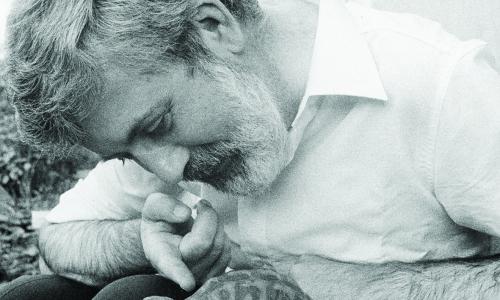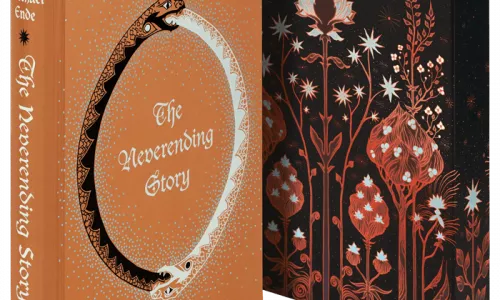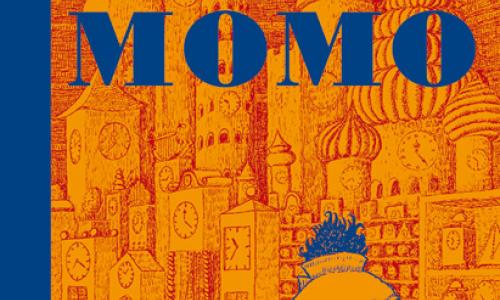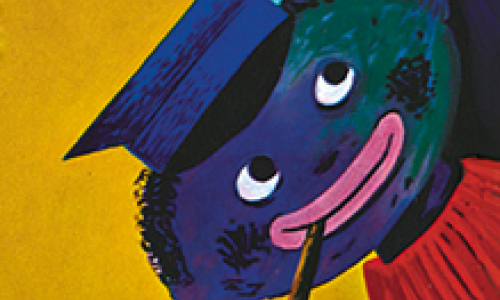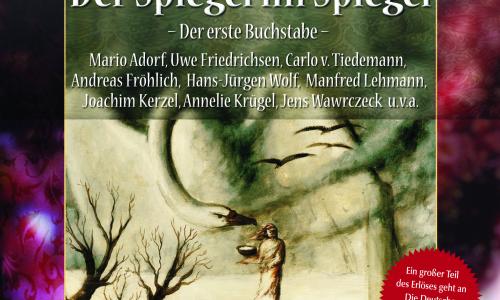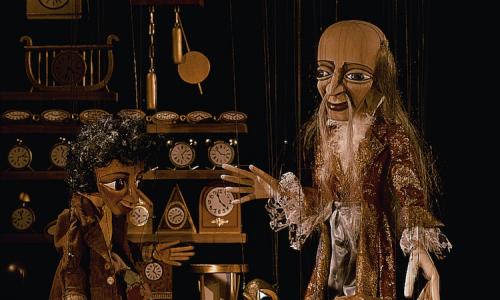Dear Fans of Michael Ende all over the world,
Because of the huge interest during the last few months, we have decided to translate our Website about the life and work of Michael Ende into English and go online with it under the address "www.michaelende.com".
This means that for the first time comprehensive information about the fantastic storyteller and explorer of inner worlds are available in English.
Where current news is concerned, this will in future also be translated into English and published on the English website as quickly as possible.
We hope with this step we have helped all the fans of Michael Ende who cannot read German to satisfy their curiosity.
Have fun exploring!
Roman Hocke

